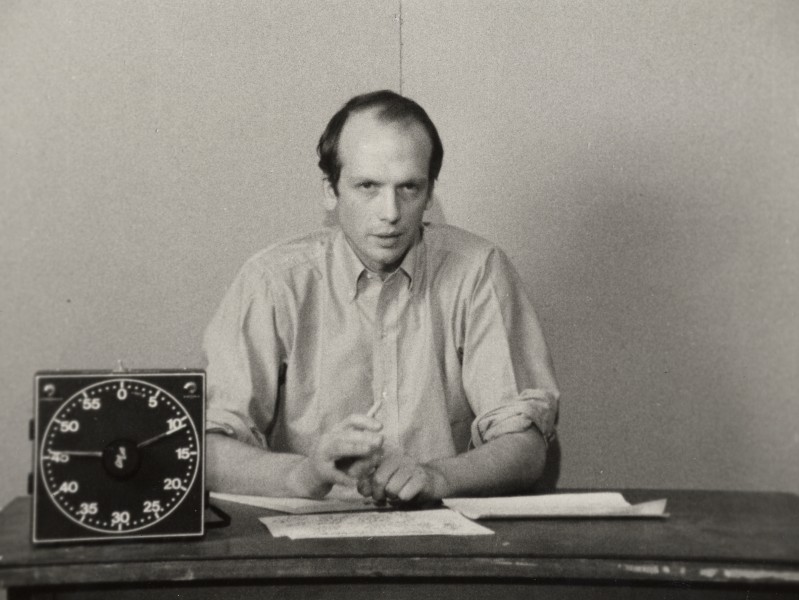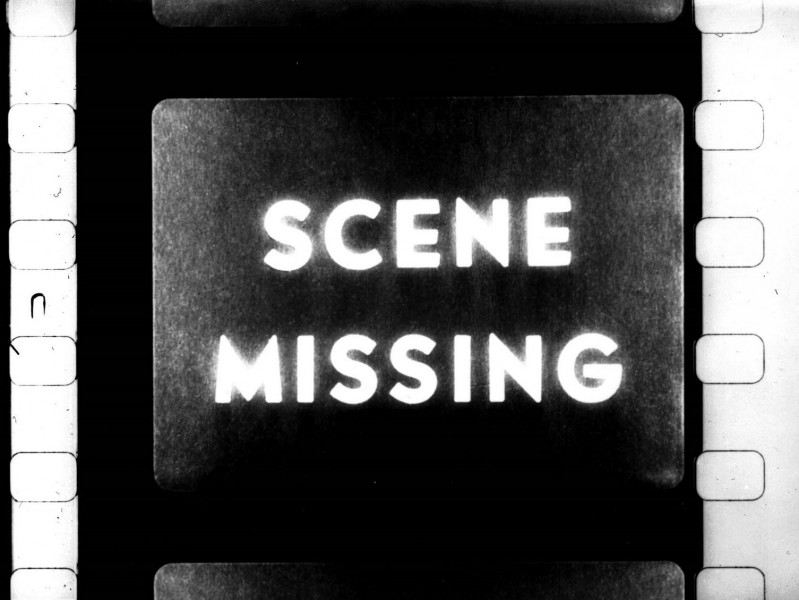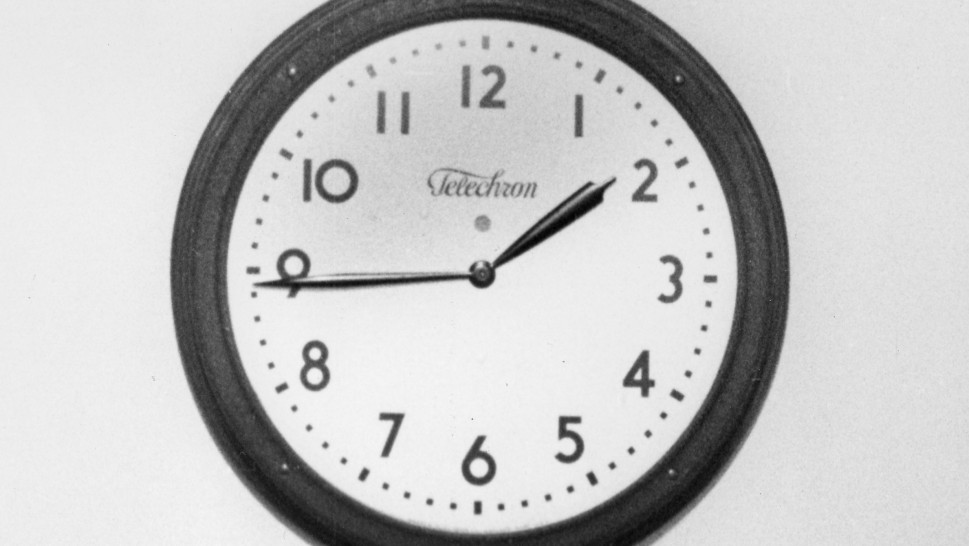


Morgan Fisher Presents
An influential presence in the second wave of postwar American experimental cinema that began in earnest in the late 1960s, Morgan Fisher (b. 1942) has created a body of films whose lucidly complex engagement with the cinematic apparatus, and with conceptual art, is just beginning to be fully appreciated. Few filmmakers have so presciently explored- and expanded- critical debates central to Modernist art and its reception and also revolving around the relationship between art and industry, and between theory and practice. Fisher’s films are, in truth, only part of a more expansive art practice and his Production Stills was, tellingly, screened in 1970 at the Museum of Modern Art in conjunction with its historic “Information” show, among the first US museum exhibits devoted to conceptual art. In 2005-06, one-person exhibitions at the Tate Modern and Whitney Museum inspired renewed interest in Fisher’s films, and he has recently received recognition for his paintings and other non-film work that employ strategies similar to those in his films.
Focusing with rare intensity and insight upon the construction (and deconstruction) of cinematic illusionism, Fisher’s earliest films, such as The Director and His Actor Look at Footage Showing Preparations for an Unmade Film (2) and Production Stills, revealed the careful self-reflexivity and theoretical sophistication that have remained important trademarks of his work. Fisher’s late masterpieces Standard Gauge and ( ) have added another dimension to his meta-cinematic concerns, channeling Fisher’s ardent love, and deep knowledge, of cinema into a heartfelt, and at times distinctly melancholy, searching for the essence of film. Fisher’s late films offer a radical, “termite” history of the cinema from within the machine, a recovery and even an ontology, of precisely those film techniques and technologies that are typically overlooked and, paradoxically, designed to be invisible- the insert, film gauges, and the motion picture camera itself. An undergraduate art history major at Harvard, Fisher received his formal training in filmmaking in Los Angeles, at USC and UCLA, before taking a variety of jobs in the commercial film industry- as an editor, stock footage researcher, assistant director and even bit actor- working for the likes of Roger Corman and Haskell Wexler. Typically identified with the structuralist film movement, Fisher’s work must also be understood in the broader context of conceptual and minimalist art, on the one hand, and, on the other, the emergent “apparatus theory” of Marxist film scholars in the 1970s, led by Jean-Luis Baudry.
Counterbalancing and enriching the theoretical rigor of Fisher’s films is their subtle and unexpected humor which offers a nuanced variation of the rich yet underappreciated comedic vein running throughout the work of other avant-garde filmmakers in the same generation as Ernie Gehr, Owen Land and Michael Snow. The HFA is proud to welcome Morgan Fisher back to Harvard for this rare opportunity to screen and discuss his pioneering films. Invited to select a film that could complete and complement his retrospective, Fisher chose Alfred Hitchcock’s rarely screened Under Capricorn. – Haden Guest











